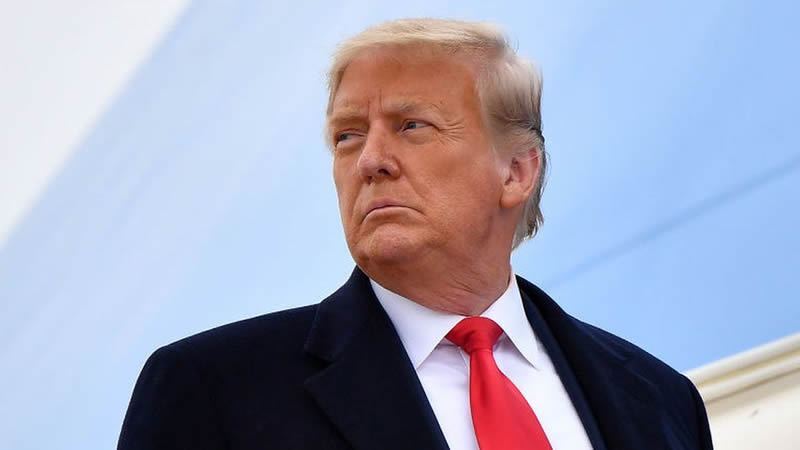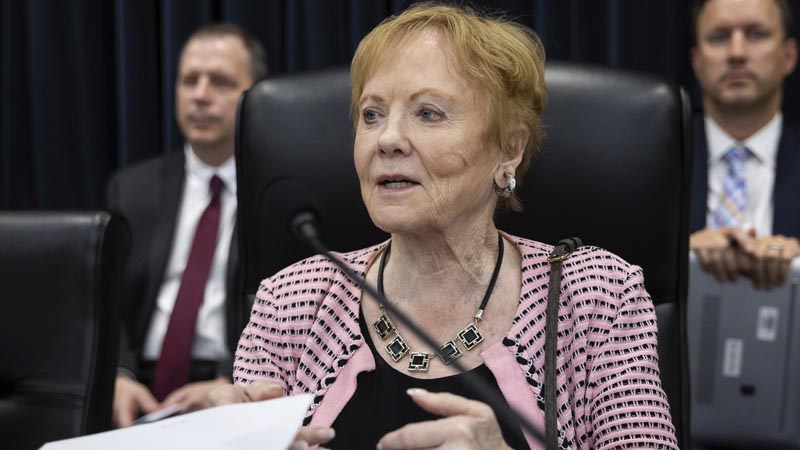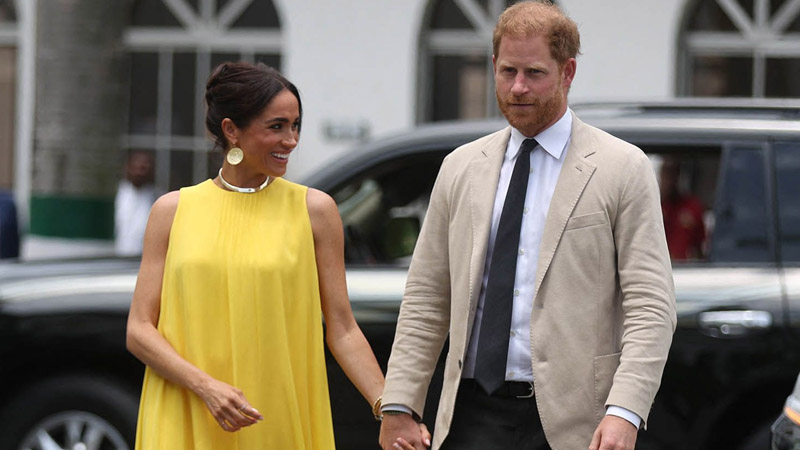Donald Trump Defies Court Order with Outburst Against Judge Amid Legal Battles

(AP Photo/Andrew Harnik)
In a recent development that has captured the attention of the public and media alike, former President Donald Trump found himself in the spotlight for his unrestrained criticism of judicial figures, particularly following a judicial directive aimed at curtailing his remarks against individuals connected to legal proceedings.
This situation unfolded after a legal authority mandated Trump to cease his derogatory comments towards the relatives of prosecutors, jurors, and witnesses involved in his ongoing hush money legal battle. Despite this directive, Trump directed his ire toward Judge Arthur Engoron via a post on Truth Social, labeling the judge responsible for overseeing his fraud trial in New York as a “whacked-out nut job.”
This trial, from which the judge’s comments stemmed, is currently under appeal by Trump. It’s noteworthy that the directive to limit Trump’s commentary did not encompass Judge Engoron. The mandate was part of a different legal matter – the criminal case regarding hush money, scheduled to commence on April 15.
Additionally, a separate directive issued by Judge Engoron, aimed at restricting discussions among court personnel involved in the fraud trial, did not extend its protective measures to include either the judge or the prosecutor, New York Attorney General Letitia James.
The timing of Trump’s outburst against Judge Engoron, coming just hours after the imposition of restrictions on his public comments, seems to reinforce the view held by some experts that Trump finds it challenging to hold back his criticisms. This behavior raises questions about the impact of such comments on the legal process and the broader implications for the respect of judicial proceedings.
The backdrop to this controversy is a legal judgment where Trump was found to have overstated the value of his assets to obtain more favorable terms for loans and insurance policies, leading to a fraud conviction. The repercussions of this conviction were significant, with Trump being ordered to pay $355 million in damages.
However, following an appeal, an appellate court adjusted the required bond to $175 million, a sum that Trump complied with on the same day. It’s important to clarify that this adjustment by the appellate court does not translate to a victory for Trump in the legal sense but rather a modification of the financial conditions tied to his appeal.
This series of events underscores the complex interplay between high-profile individuals and the legal system, highlighting the challenges that arise when personal expressions intersect with legal constraints. The situation also reflects broader societal debates about the boundaries of free speech, the accountability of public figures, and the integrity of the judicial process. As the legal battles continue, they not only determine the personal fate of those involved but also shape public discourse on justice, power, and responsibility in the public sphere.


